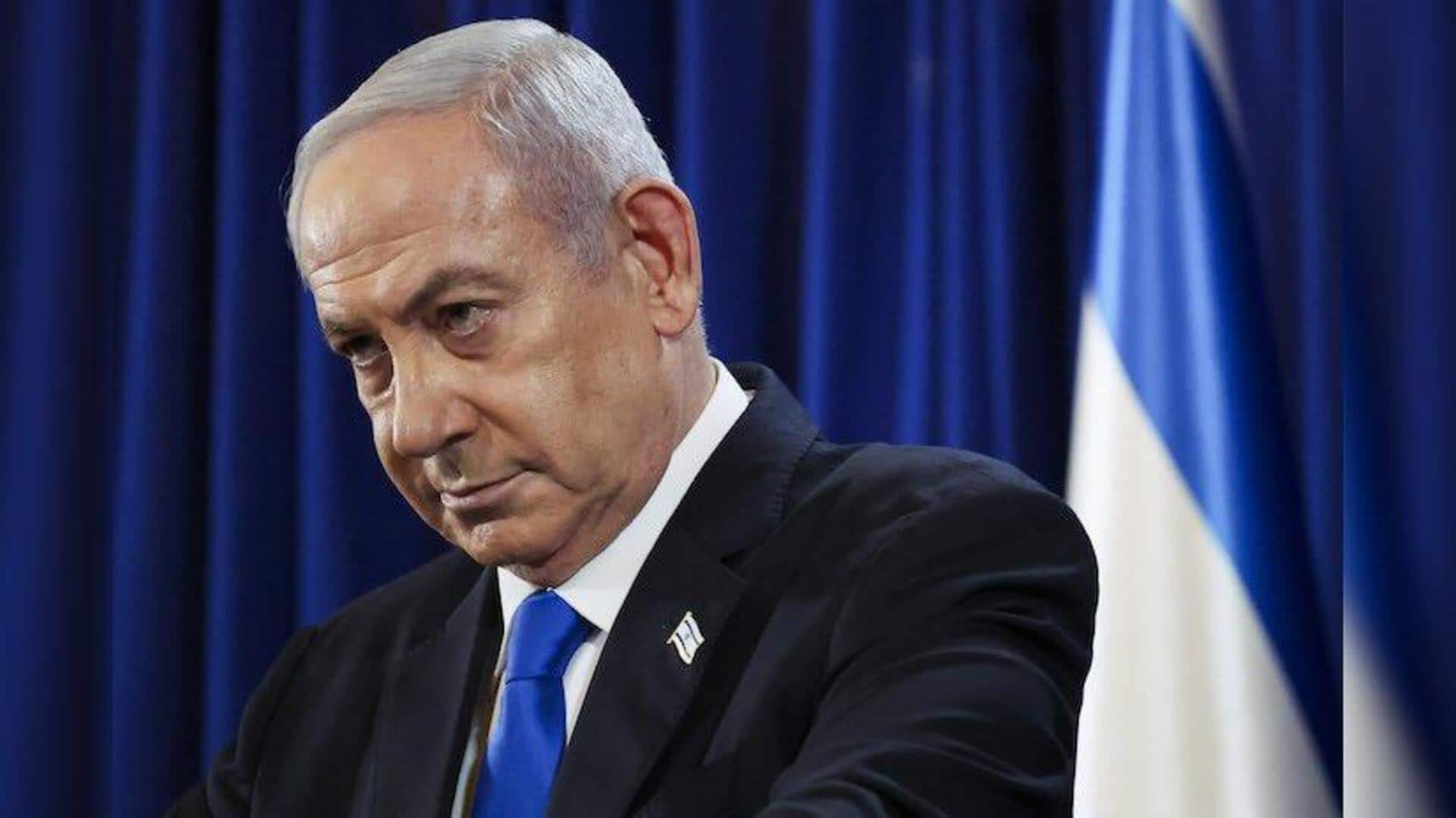
What is 'Dreyfus trial,' making headlines after Netanyahu's arrest warrant
What's the story
Israel Prime Minister Benjamin Netanyahu slammed the International Criminal Court (ICC) after it issued an arrest warrant against him for alleged war crimes. Netanyahu described the ruling as "antisemitic" and compared it to a "modern Dreyfus trial, and it will end the same way." The Dreyfus Affair, a political scandal that tore France apart in the late 19th and early 20th centuries, centered around Alfred Dreyfus, a Jewish artillery captain who was falsely accused of treason in 1894.
Trial aftermath
Dreyfus's conviction and public humiliation
The accusation of treason came after a French spy discovered a torn letter at the German Embassy in Paris, which allegedly bore handwriting similar to Dreyfus's. Dreyfus was then court-martialed, convicted of treason, and sentenced to life imprisonment on Devil's Island in French Guiana. After his conviction, he was subjected to a public humiliation ceremony in Paris where his insignia was ripped off his uniform and his sword broken.
Plot twist
New evidence emerges, implicating another officer
Dreyfus was paraded as a traitor amid shouts of "Death to Judas, death to the Jew" from the crowd. In 1896, newly appointed head of the army's intelligence unit, Georges Picquart, found evidence that suggested the involvement of another officer, Major Ferdinand Walsin Esterhazy. Despite the revelation, Picquart was discouraged by his superiors and transferred to North Africa before being imprisoned. Nevertheless, rumors about Esterhazy's guilt started to spread.
Public accusation
Zola's open letter "J'Accuse...!" accuses military of cover-up
In 1898, he was court-martialed but was quickly acquitted and fled France. After Esterhazy's acquittal, famous author Emile Zola published an open letter, "J'Accuse...! ", in a French newspaper. In the letter, Zola defended Dreyfus and accused the military of covering up the incident. Due to his daring accusations, Zola was convicted of libel but escaped to England before returning to France.
Final verdict
Dreyfus's 2nd trial and eventual exoneration
The Dreyfus Affair divided France deeply on lines of politics, religion, and national identity. In 1899, Dreyfus was subjected to a second court-martial and once again found guilty. However, he was pardoned by the French president days later. It was only in 1906 that Dreyfus was exonerated and reinstated in the army, closing this tumultuous chapter in French history.